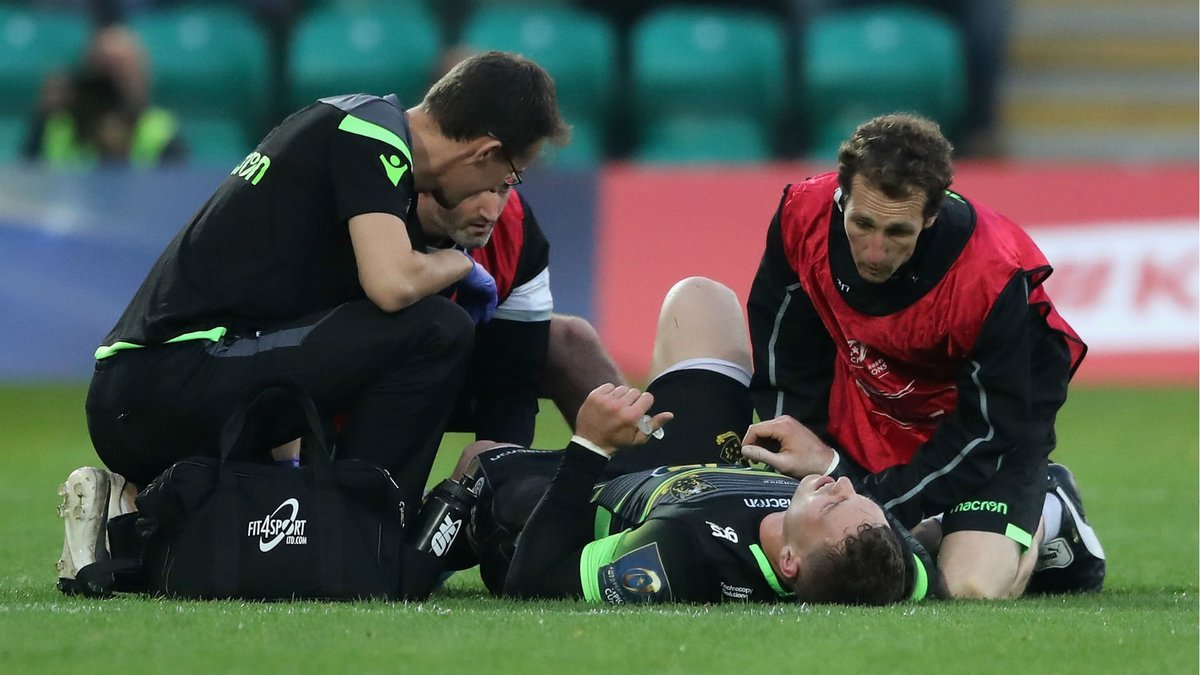Controversial tackle law to be trialled in English rugby

The RFU (Rugby Football Union) is to implement new tackle laws aimed at reducing the potential target area in tackles.
The Greene King IPA Championship which is England’s second tier of rugby is to change the definition of a tackle from the line of the shoulders to above the armpit line. An RFU report stated that forty-seven per cent of all match injuries are now associated with the tackle. The new rule will now be implemented into all of the Championship’s games, a league which is well known for its physicality.
Nigel Melville RFU Professional Rugby Director said:
We’d like to thank the Championship clubs for their support of the trial next season and look forward to working with them on this important player welfare initiative.
“We believe lowering the height of the tackle will benefit both the ball carrier and the tackler. The Championship Cup provides an opportunity for us to assess the impact of lowering the height of the tackle on the elite adult game and will be a critical part of helping us develop game-wide approaches to concussion and injury reduction.
Continue reading below…
Despite this new initiative, it is evident that these new tackle laws may not be entirely effective when it comes to lowering the amount of head-based collisions within the game. In March, a widescale report into the Aviva Premiership found that concussion is now the competition’s most common injury.
The Professional Rugby Injury Surveillance Project (PRISP) report – which is a joint venture between the Rugby Football Union (RFU), Premiership Rugby (PRL) and the Rugby Players’ Association (RPA) – found that concussion now accounts for 22 per cent of all match day injuries.
The report also shows that the number of concussions requiring more than three months’ absence has increased.
The report also suggests World Rugby’s new high tackle directives has had little effect on the incidences of concussion – in the Premiership at least. With this in mind, the trial laws that are to be exercised in the Championship may also struggle to reduce the number of injuries directly related to the tackle area.
Bill Beaumont, who is the current World Rugby Chairman praised the new trial, saying that this will, “provide World Rugby with comprehensive data and feedback to inform our continued commitment to further reducing concussion risk in Rugby”.
Only time will tell as to whether these new tackle laws will have a positive effect on the number of injuries that are occurring in the modern game.
































